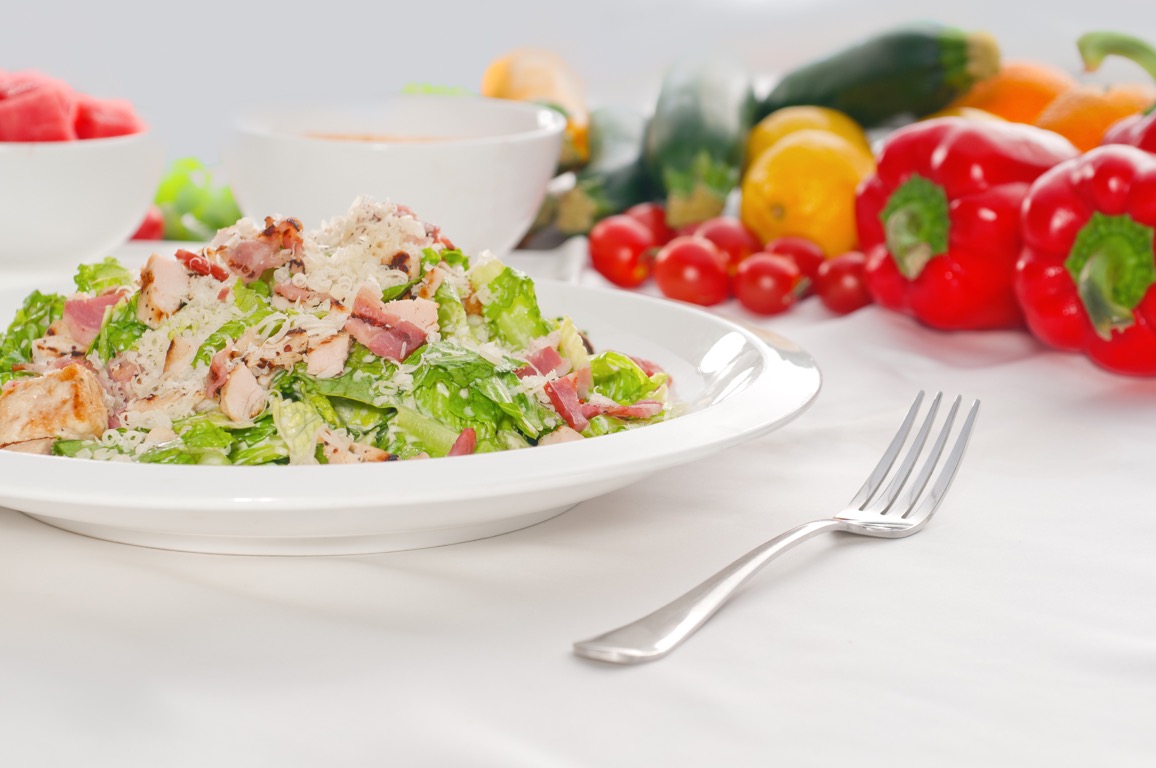
Thrilling victory: Habtoor Polo
The thrilling Gold Cup finals kicked off with Dubai Wolves...

The thrilling Gold Cup finals kicked off with Dubai Wolves...
Traditionally, the Silver Cup, held at handicap level 20, marks...
25.000 of spectators who strolled through the PoloVillage, enjoyed the...
Fashion is fast-moving, collections change with the seasons and often...
Dermatologists and cosmetic studios have been successfully offering light therapy...
Working in the United States, emerging democracies, and democracies in-conflict...
The thrilling Gold Cup finals kicked off with Dubai Wolves by CAFU securing the..
Read More25.000 of spectators who strolled through the PoloVillage, enjoyed the exclusive atmosphere and..
Read MoreFashion is fast-moving, collections change with the seasons and often even..
Read MoreDermatologists and cosmetic studios have been successfully offering light therapy as a skin treatment..
Read MoreA modern maharaja: blending tradition and progress. His Highness Sawai Padmanabh Singh, the 303rd..
Read MoreThe Rolls-Royce La Rose Noire, an extraordinary motor car, presented to the clients who..
Read More
As a general principle, prior to surgery (no matter what kind of procedure) you should always make sure to provide yourbody with sufficient energy and protein. Giving your body proteinsis most important, as the protein building blocks (amino-acids) are directly or indirectly involved in virtually all biochemical processes in the body, including wound healing.
If you have decided to undergo cosmetic surgery, it’s a good idea to look into nutritional issues ahead of the procedure, as the right diet before and after the planned surgery can have a positive impact on numerous processes, such as wound healing for example. For those patients who have provided their body with all the required nutrients and have lost a few kilos prior to surgery by means of lots of exercise and healthy nutrition, the procedure is less risky and they will recover much quicker. So there are a lot of reasons to make good use of the time ahead of the operation in order to give your body a head start for the procedure. We tell you what you need to know, with the support of our nutritional expert Alexandra Garcia(*).
When it comes to providing your body with the right proteins especially after a surgical procedure, a combination of animal and vegetable protein is beneficial, as this will not strain your digestive system. Good combinations are oats with milk, potatoes with white cheese, egg with bread, because apart from their high biological value, these combina- tions are low in calories. In general, during the healing process you should focus on your daily calorie intake. Being largely immobilised during the recovery period, your body needs less calories. To avoid putting on weight, the calorie intake should be adjusted. Here, foods with a high nutrient density should be given preference, as they provide your body with the necessary vitamins and minerals that it urgently needs to support the healing process. Fresh fruit, vegetables, fruit juices and green smoothies are rich in vitamins and minerals, which the body needs to strengthen its immune system. Your body will reward you by recovering quicker and better.
If you want to enhance your healing process and support your health before and after the treatment, you should supplement your food with a customised blend of nutrients that is individually geared for your body. Based on blood, urine and saliva samples and other factors such as age, body weight and possible medication, nutritional consulting experts and specialist physicians can use this data to calculate an individual micro nutrient blend consisting of up to 40 different ingredients. Taking this blend of nutrients even long after the procedure should be beneficial, but the blend can also be used as an immune booster during wintertime regardless of whether you intend to undergo cosmetic surgery or not.
Also after the surgical procedure it is advisable to continue focusing on a balanced nutrition. While individual nutritional recommendations are strongly dependent on the relevant type of surgery performed, it is always advisable to avoid putting strain on your digestive system, as this will also have a positive impact on your immune system. The digestive system and the immune system have a close symbiotic relationship; if the gut is under stress, the immune system will be less effective. To enable the immune system to fulfil its numerous vital tasks, a balanced and light diet after a procedure is essential. During a short stay in the clinic, usually a special diet is served at meal- time in consultation with your doctor to prepare for the transition to a normal diet.
Once you are back in your home environment, this light special diet canslowly be changed to an easily digestible mixed diet, depending on the progress of the healing process. Start with steamed white meat and fish, potatoes, steamed carrots and dairy products. For cold meals, use high-quality omega-3 fatty acids, these support the formation of beau- tiful scars. Stay away from any bloating foods such as onions and pulses (legumes); anything that puts unnecessary strain on your digestive sys- tem should be avoided.
After a liposuction you should definitely get professional nutritional ad- vice and make sure to change your existing eating habits; because a liposuction is no substitute for a healthy and balanced diet. As with all-weight reduction measures, the long-term success depends on whether the life style has been changed along with the intervention!
(*) Alexandra Garcia has been working intensively on nutrition for more than 20 years. As a nutrition therapist with her company Summaria AG (www.summaria.ch), she looks after clients who want to reduce their weight long-term and successfully and maintain a healthy lifestyle.

The thrilling Gold Cup finals kicked off with Dubai Wolves by CAFU securing the initial

Traditionally, the Silver Cup, held at handicap level 20, marks the start of the Dubai

25.000 of spectators who strolled through the PoloVillage, enjoyed the exclusive atmosphere and soaked up
[user_registration_form id=”9713″]
Membership as a POLO & LUXURY Insider is free.
POLO & LUXURY do not share your data with third parties.
[user_registration_my_account redirect_url=”my-account”]